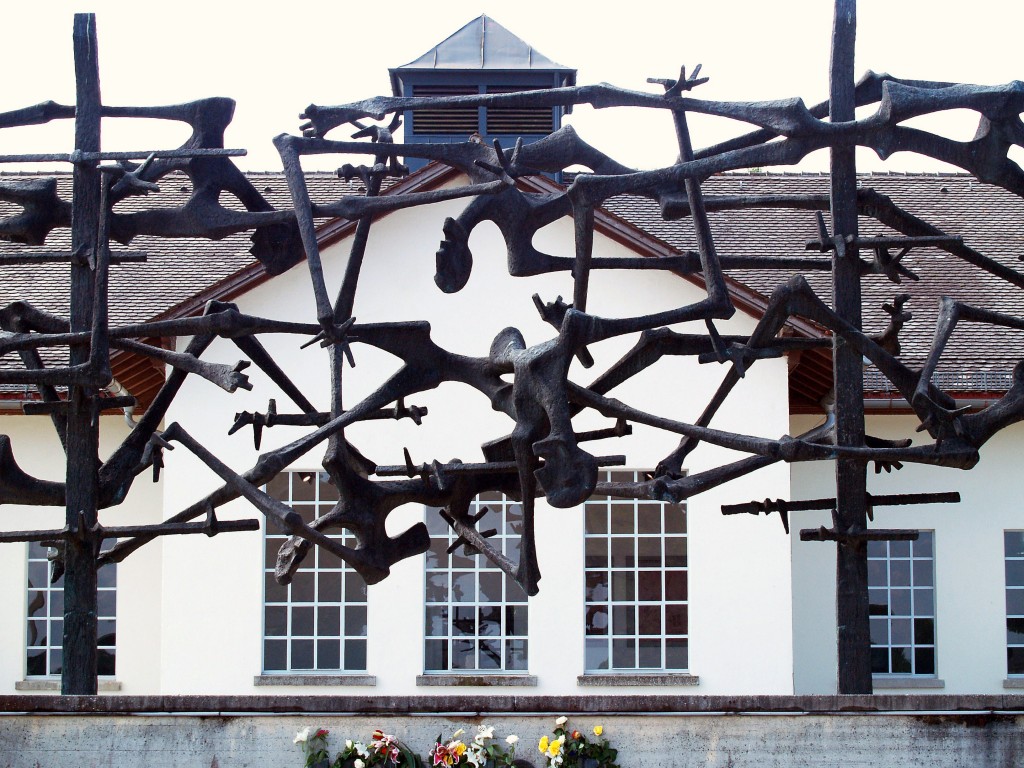The term “Christian worldview” is often used, but not always understood.
Too often, people think that if you simply believe the Bible, oppose abortion and avoid R-rated movies you have a Christian worldview.
OK, this is a bit of a caricature, but my point is, Christians often have a far too superficial understanding of worldview.
Even Nancy Pearcy’s book Total Truth, which is a book about worldview, begins with the story of Sarah, a Christian woman who works as a counselor in a Planned Parenthood Clinic. Pearcy explains this incongruity:
Sarah’s story illustrates how even sincere believers may find themselves drawn into a secular worldview–while remaining orthodox in their theological beliefs (32).
Although Sarah’s story may illustrate what Pearcy says it does, it does not help readers to understand the depth at which we hold worldviews–Christian, Secular or whatever.
The Depth of Worldview
Here’s an illustration that I think better illustrates how deeply worldviews are held and the conflict between a Christian and a “Secular” worldview.
I’m teaching Grade 9 Humanities this year so I started reading the textbook. I think it’s a standard textbook for Social Studies across the province. I didn’t get beyond the first page and I knew that this year I would be teaching a lot of worldview in my class. Two sentences in the introduction to the first chapter entitled “The Early Modern Age” grabbed my attention.
They present a worldview that is completely contrary to a Biblical one.
Here’s the first sentence:
Sometime around the year 1500, Europe began to experience profound changes in its political, religious, social, economic and intellectual life. As a result of these changes, European history began to enter a new era–the Early Modern Age.
This is the second:
All civilizations experience a kind of evolutionary change in their histories.
The significant word here is “evolutionary.” The popular use of the term “evolutionary” connotes a positive change. The Free Online Dictionary captures the developmental aspect of the word when it defines evolutionary as “A gradual process in which something changes into a different and usually more complex or better form.”
Together these sentences suggest that humanity is moving toward a better world and that the Early-Modern Age was a significant step in that direction. Many people in our culture accept this without batting an eye. This is their worldview. And it’s held far more deeply than the idea that reproductive freedom is good or bad or whatever.
It is true that there were a lot of changes going on in Europe around the year 1500. It is also true that some things have improved over the last 500 years–transportation, for example, is much faster than it used to be. But is it true to say that our civilization has improved just because some aspects of it has?
A survey of the last hundred years–with two World Wars, one Great Depression, the nuclear arms race, ecological disasters, new and deadly diseases–provides a lot of evidence to the contradict the idea that things are getting better.
So why does the textbook make this claim?
They make it because it is true within a certain story.
Grand Stories–Metanarratives
No claim (or “fact,” thing, event, person) means anything until we place it into a story. This is why human beings always tell stories — we are always seeking meaning.
All stories, whether myths or movies, share some common elements. They always have a protagonist, a person who strives for some goal. This quest drives the story toward a meaningful end. Stories also have conflict because there are always antagonists, that is, a person (or people or a force) that impedes the protagonist in the fulfillment of his or her purpose.
Two stories concern us here: the so-called “secular” story and the Christian story.
The Secular Story
In the secular story, the dominant myth in our culture, the protagonist, humanity, is on a long quest for autonomy (freedom from authority). The antagonists in the secular story oppose human freedom. These are monarchs, God and the church, communism, fascism, socialism, tradition and social conventions. Many of these villains and monsters have been vanquished and only a few remain.
Because my grade 9 Social Studies textbook has placed the events following 1500 into this Secular story, it can claim that we have experienced evolutionary change in our history.

This is the dominant story in our culture, but it isn’t the only one.
The Christian Story
The Christian story says that humanity will find fulfillment only in the presence of the loving God who made him. Sin and Satan, the antagonists, thwart humanity at every turn, but the hero of the story has come to find us and will bring us home (actually, bring home here). This is the meaningful end of the Christian story.
When you consider civilization from this story, change has not been evolutionary–civilization has not improved because we have come no closer to dealing with our basic problem. Freedom, according to this story, is a good thing, but Sin causes us to make GOOD things into ultimate things. This inversion is, in essence, to make Freedom, into a god, a false god, an idol. Freedom is a good thing, but it is not the ultimate thing.
Textbooks and Stories
The secular story, or worldview, is foundational to my entire grade 9 social studies textbook and most of the other textbooks used in schools all over North America.
And it’s not just textbooks; it’s the worldview upon which the whole curriculum is built. And it’s not just in schools, this story is reinforced by popular culture. We are inundated with this story, and it is a powerful story.
When we consider the people who have fallen away from the church, I don’t doubt that many they left to seek autonomy–they wanted to do what they wanted to do and not have anyone or anything restrict their freedom. This is not necessarily a choice freely made, but one that makes sense because of warming toward the secular story.
One’s position on abortion is not a worldview–worldview runs much deeper–but your position on the issue of abortion is dictated by your worldview. So will be your position on other issues that are, at their core, about human freedom.
I’m still using that textbook though, because discerning worldviews is one of the objectives of this and every other class taught at my school. I worry for the Christian kids who aren’t in a school that is deliberate about exposing the competing stories in our culture. And I also worry about the kids who are, because the secular story seems so true, because we are immersed in it.
I take more than a little comfort in the fact that none of the competing stories ring so true as the one where sin is the antagonist and the end is being reunited with the One who gave us every good thing–including Freedom.












